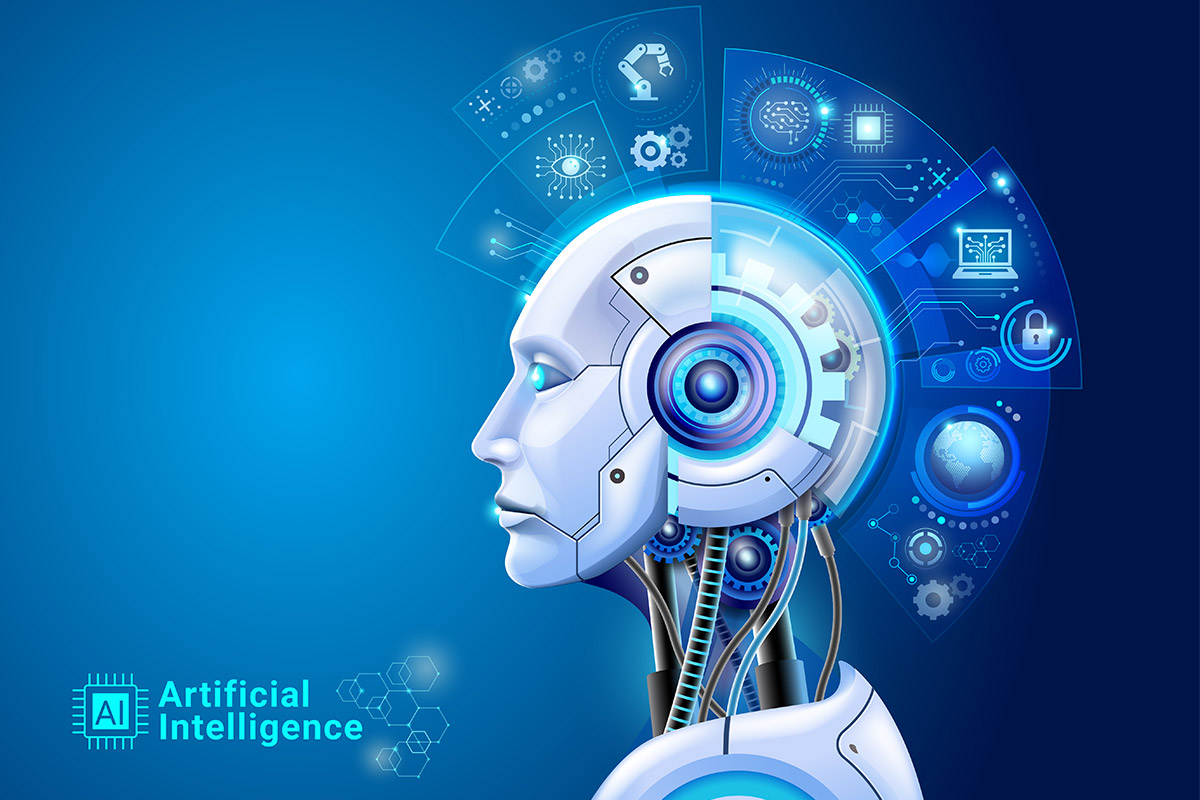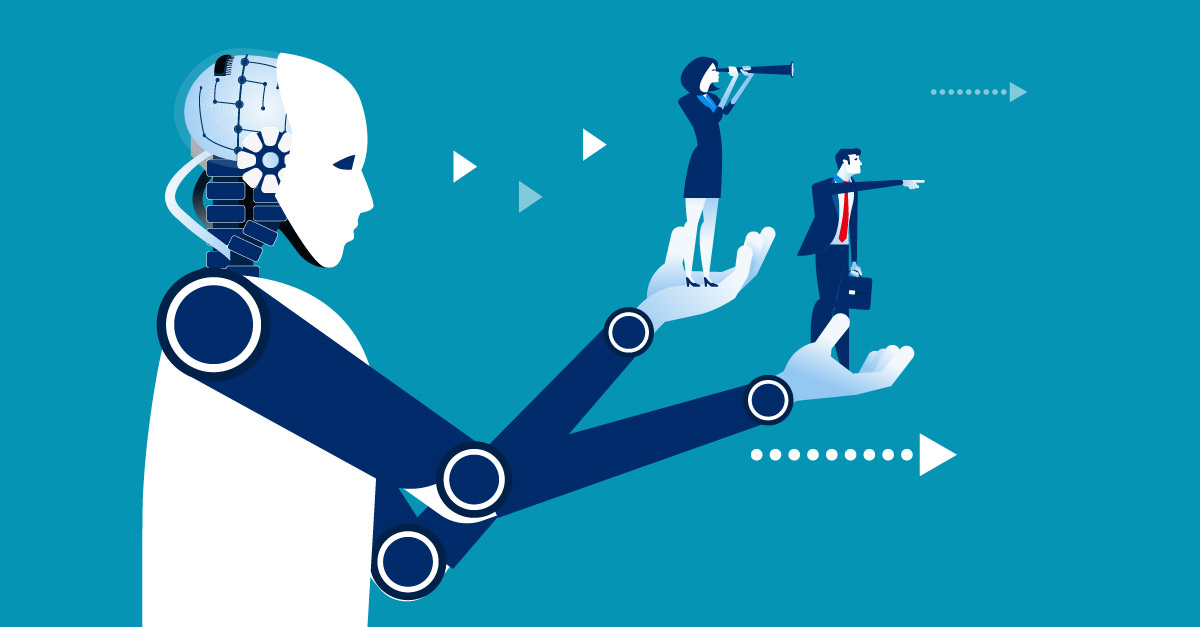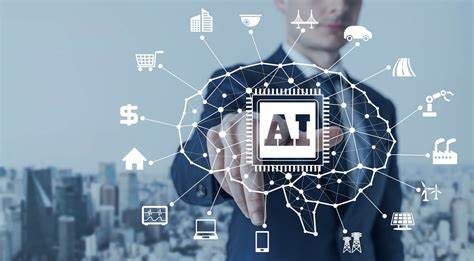The Evolving Landscape of Developer Roles in the Age of AI

Introduction
- The integration of AI into the development landscape
- Overview of how AI is shaping the roles of developers
Traditional Developer Roles
- The conventional responsibilities and tasks of developers
- The skill set traditionally associated with coding
AI’s Influence on Coding Efficiency
- How AI tools and technologies enhance coding efficiency
- Automation of repetitive coding tasks
Shift in Skill Requirements
- The changing skill set demanded by AI-integrated development
- New skills developers need to acquire for AI collaboration
Collaboration between Developers and AI Systems
- The symbiotic relationship between developers and AI systems
- Examples of AI aiding developers in problem-solving
AI-Driven Code Analysis and Debugging
- The role of AI in code analysis and debugging
- How AI tools identify and rectify errors in the code
Enhanced Creativity in Development
- How AI contributes to creativity in the development process
- Examples of AI-driven innovations in coding
Challenges Faced by Developers in AI Integration
- Common challenges developers encounter with AI integration
- Strategies to overcome these challenges
The Impact on Project Timelines
- How AI affects project timelines and delivery
- Balancing speed and precision in AI-driven development
Adapting to the Dynamic Tech Environment
- The importance of developers adapting to the dynamic technological landscape
- Continuous learning and staying updated on AI advancements
The Rise of AI-Enabled Development Tools
- Overview of the proliferation of AI-enabled development tools
- Popular tools and their impact on the coding process
Ethical Considerations in AI-Driven Development
- Discussing ethical considerations related to AI in development
- Ensuring responsible and unbiased AI integration
Future Trends: AI and the Developer’s Toolkit
- Predicting future trends in AI’s influence on developer roles
- Anticipated advancements and evolving developer responsibilities
Professional Growth Opportunities in AI-Integrated Development
- Opportunities for professional growth in the era of AI and development
- Certifications and skills that enhance career prospects
Conclusion
- Summarizing the transformative impact of AI on developer roles
- Emphasizing the collaborative future of code and machine
The Evolving Landscape of Developer Roles in the Age of AI
The integration of Artificial Intelligence (AI) into the development landscape is ushering in a new era, reshaping the traditional roles of developers and revolutionizing the way code is crafted and implemented. This transformative shift not only changes the tools and processes used by developers but also redefines their responsibilities and the very nature of software development. In this article, we explore the evolving landscape where code and machine converge, crafting a future where the roles of developers are continuously reimagined.
Traditional Developer Roles
Traditionally, developers were primarily tasked with writing code, debugging, and maintaining software systems, with their expertise lying in their ability to turn logic into functional code. The skill set emphasized precision, logical thinking, and proficiency in a variety of programming languages, ensuring that software performed as expected. However, as AI becomes increasingly ingrained in development processes, these roles are undergoing a significant transformation, expanding beyond mere coding to include a deeper interaction with intelligent systems.
AI’s Influence on Coding Efficiency
The infusion of AI into development processes brings a paradigm shift in coding efficiency, fundamentally altering how software is created. AI tools, ranging from sophisticated machine learning algorithms to automated code generators, streamline the coding process by reducing manual effort and minimizing human error. Mundane and repetitive tasks are automated, allowing developers to focus on more complex and creative aspects of their work, such as architectural design and strategic problem-solving, which ultimately enhances productivity and innovation.
Shift in Skill Requirements
As AI becomes an integral part of the development ecosystem, the skill set required from developers is evolving rapidly. Beyond traditional coding expertise, developers now need to understand how to collaborate effectively with AI systems and leverage their capabilities to enhance software development. Skills such as data interpretation, algorithmic understanding, and the ability to harness AI-driven tools are becoming indispensable. Additionally, developers must develop a keen sense of curiosity and adaptability to keep pace with AI advancements, ensuring they remain at the forefront of technological innovation.
Collaboration between Developers and AI Systems
Rather than replacing developers, AI is emerging as a powerful collaborative partner, augmenting human capabilities and extending the boundaries of what is possible in software development. Developers work alongside AI systems, leveraging their computational power and data-driven insights to enhance problem-solving and decision-making processes. This collaboration allows for a more efficient and dynamic development process, where the strengths of both human creativity and AI’s analytical prowess are fully utilized, leading to more innovative and effective software solutions.
AI-Driven Code Analysis and Debugging
AI is proving invaluable in the realms of code analysis and debugging, areas traditionally fraught with complexity and time-consuming efforts. Advanced AI tools can analyze vast amounts of code with remarkable speed and accuracy, identifying potential errors and suggesting improvements that might be overlooked by human eyes. This not only accelerates the debugging process but also contributes to the creation of more robust, reliable, and error-free software. As a result, developers can achieve higher levels of quality assurance, ultimately leading to better end-user experiences and more stable applications.
Enhanced Creativity in Development
Far from stifling creativity, AI is actually fostering innovation in the development process by removing mundane tasks and offering new possibilities for exploration. With routine tasks automated, developers have more time to focus on creative problem-solving and conceptualization, pushing the boundaries of what technology can achieve. AI-driven suggestions and insights, drawn from vast datasets and complex algorithms, serve as catalysts for inventive solutions, enabling developers to explore new ideas and approaches that might have been previously unimaginable.
Challenges Faced by Developers in AI Integration
While the benefits of AI integration are evident, developers face several challenges as they adapt to this new paradigm. Adapting to new tools, understanding complex algorithms, and addressing ethical considerations are just a few of the hurdles that developers must navigate in this evolving landscape. Additionally, there is the challenge of maintaining a balance between leveraging AI and retaining the human touch in development, ensuring that the software created is not only efficient but also aligns with human values and needs.
The Impact on Project Timelines
AI’s influence on the development process has a direct and measurable impact on project timelines, reshaping how developers plan and execute their work. While AI expedites certain processes through automation and enhanced efficiency, developers must find a balance between speed and precision to ensure timely project delivery without compromising quality. The challenge lies in integrating AI tools effectively while maintaining the flexibility to address unforeseen issues and ensuring that the final product meets the required standards of excellence.
Adapting to the Dynamic Tech Environment
The dynamic nature of technology demands that developers be adaptive learners, constantly evolving to meet new challenges. Staying abreast of AI advancements, embracing new tools, and continually expanding skill sets are crucial for developers navigating this ever-changing landscape. This adaptability not only ensures that developers remain relevant in a rapidly evolving field but also enables them to drive innovation, contribute to groundbreaking projects, and stay ahead of industry trends.
The Rise of AI-Enabled Development Tools
The market is witnessing a surge in AI-enabled development tools, each offering unique advantages that augment developers’ capabilities. From advanced code generators to AI-driven testing frameworks, these tools are transforming the development process, offering efficiency gains and paving the way for more innovative solutions. As these tools become more sophisticated, they are expected to become indispensable in the developer’s toolkit, enabling developers to tackle increasingly complex challenges with greater ease and precision.
Ethical Considerations in AI-Driven Development
With great power comes great responsibility, and the integration of AI into development is no exception. Developers must navigate ethical considerations related to AI integration, ensuring that algorithms are unbiased, transparent, and adhere to ethical standards. Responsible AI integration is crucial for building trust in AI-driven systems, as developers must ensure that the technology they create serves the greater good and respects the rights and values of all stakeholders involved, including end-users, society at large, and future generations.
Future Trends: AI and the Developer’s Toolkit
Looking ahead, AI is poised to become an indispensable part of the developer’s toolkit, with future trends pointing toward even more sophisticated AI tools, increased automation, and a growing fusion of AI and human creativity in development. As these trends continue to evolve, developers will need to adapt to new methodologies and technologies, leveraging AI to create more powerful, intuitive, and user-friendly software solutions. This fusion of AI and human ingenuity will likely lead to breakthroughs that redefine the boundaries of what software can achieve.
Professional Growth Opportunities in AI-Integrated Development
For developers, the age of AI presents a wealth of opportunities for professional growth and advancement. Acquiring AI-related certifications, honing skills in algorithmic design, and staying informed about the latest AI trends can significantly enhance career prospects in this dynamic landscape. As AI continues to reshape the industry, developers who embrace these changes and invest in their professional development will find themselves at the forefront of technological innovation, well-positioned to lead the next wave of advancements in software development.
Conclusion
In conclusion, the landscape of developer roles is undergoing a profound transformation in the age of AI, with traditional boundaries being redefined and new opportunities emerging. Developers are no longer just coders; they are collaborators with intelligent systems, fostering a future where code and machines work together seamlessly. Embracing this evolution, understanding new skill requirements, and staying attuned to ethical considerations will be crucial for developers thriving in this code and machine era. As AI continues to evolve, so too must the developers who wield it, ensuring that they remain key contributors to the future of technology.



